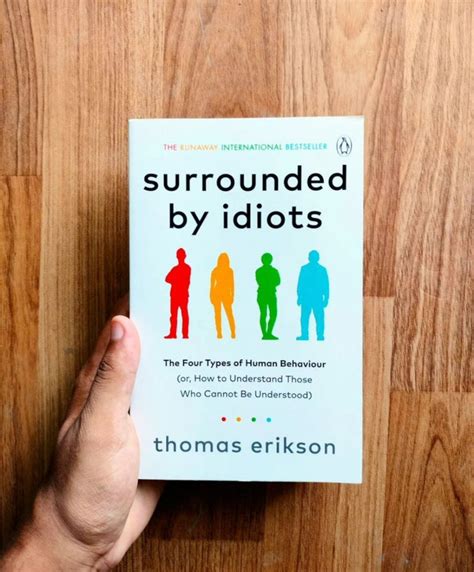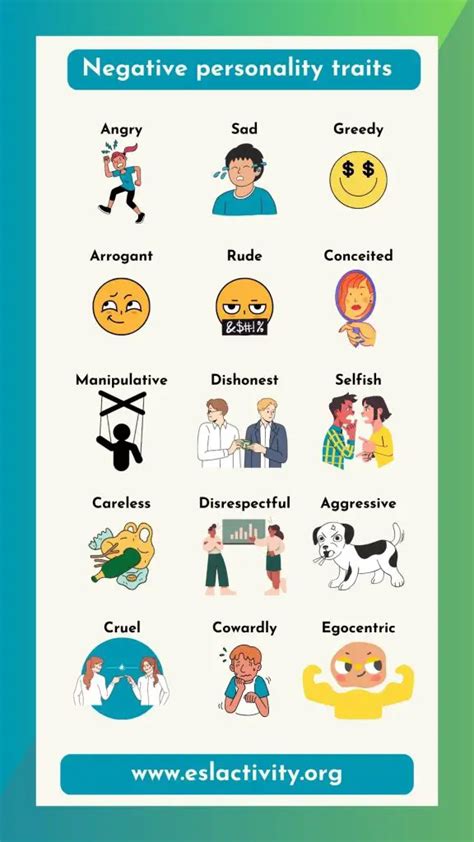The perils of love can often lead even the most discerning individuals down a path of folly. Being a fool in love is a common affliction, but it’s not an irreversible condition. Recognizing the signs and making a conscious effort to change can help you navigate the complex landscape of romance with more wisdom and discernment. Here are 10+ ways to stop being a fool in love and cultivate a healthier, more balanced approach to relationships.
1. Set Clear Boundaries
Establishing and maintaining clear boundaries is essential in any relationship. It’s a sign of respect for yourself and your partner. Don’t compromise on your non-negotiables, and communicate them clearly. This helps in preventing feelings of resentment and frustration that can arise from being taken for granted.
2. Practice Self-Love
Loving yourself is not selfish; it’s necessary. Focus on your own personal growth, well-being, and happiness. When you feel complete and fulfilled on your own, you’re less likely to settle for less than you deserve in a relationship. Engage in activities that you enjoy, cultivate meaningful friendships, and prioritize your physical and mental health.
3. Watch for Red Flags
Ignorance is not bliss when it comes to relationships. Be aware of the signs that something is off. Whether it’s inconsistent behavior, dishonesty, or disrespect, don’t ignore these red flags. It’s easier to address issues early on than to deal with the aftermath of ignoring them.
4. Educate Yourself
Knowledge is power. Read books, articles, and online forums about healthy relationships, communication, and emotional intelligence. Understanding the dynamics of relationships can help you make more informed decisions and recognize patterns that might not serve you well.
5. Seek Outside Counsel
Sometimes, a fresh perspective can be incredibly valuable. Consider seeking advice from a therapist, counselor, or trusted friends and family. They can offer insights and advice based on their experiences and observations, helping you see things you might have overlooked.
6. Don’t Idealize
It’s easy to put someone on a pedestal, especially in the early stages of a relationship. However, this idealization can lead to disappointment and heartache when reality sets in. See your partner as a real person with flaws and strengths, and build your relationship on a foundation of realism and mutual respect.
7. Communicate Openly
Effective communication is the backbone of any successful relationship. Learn to express your feelings, needs, and concerns openly and honestly. Also, be willing to listen to your partner’s perspective and work together to find common ground and solutions.
8. Take Things Slow
Rushing into anything can lead to impulsive decisions that you might later regret. Take your time getting to know someone. Allow the relationship to develop naturally, and don’t push for commitments or labels before you’re ready.
9. Reflect on Past Patterns
Identify any patterns in your past relationships that didn’t serve you well. Recognizing these patterns can help you avoid repeating the same mistakes. Reflecting on your past can provide valuable insights into what you want and need from a relationship.
10. Value Your Intuition
Your intuition is a powerful tool. If something feels off or you have a nagging feeling that something isn’t right, don’t ignore it. Trust your instincts and take the time to investigate your concerns or reevaluate the relationship.
11. Maintain Independence
It’s healthy to maintain your independence within a relationship. Continue to pursue your interests, spend time with friends and family, and prioritize your personal goals. This not only keeps your relationship fresh but also ensures that your identity and happiness aren’t solely dependent on your partner.
12. Practice Forgiveness and Letting Go
Learning to forgive, both yourself and others, is crucial. Holding onto grudges and past hurts can weigh you down and prevent you from moving forward. Know when to let go, whether it’s a toxic relationship or a lingering resentment. Your emotional well-being is worth it.
Conclusion
Stopping being a fool in love requires a combination of self-awareness, education, and a willingness to change. By recognizing the patterns and behaviors that lead to folly and actively working to shift your approach, you can cultivate healthier, more fulfilling relationships. Remember, love should enrich your life, not diminish it. With time, patience, and practice, you can navigate the world of love with more wisdom and less heartache.
How can I differentiate between love and infatuation?
+Love and infatuation can feel similar, especially in the early stages of a relationship. However, a key difference is that love is based on a deeper connection, mutual respect, and acceptance of the other person’s flaws. Infatuation, on the other hand, is often characterized by an intense attraction without a deep emotional connection. Reflecting on whether you’re genuinely interested in getting to know the person as a whole, flaws included, can help you differentiate between the two.
What if I feel like I’m already in a situation where I’m being taken advantage of?
+If you believe you’re in a situation where you’re being taken advantage of, it’s crucial to prioritize your safety and well-being. Reach out to trusted friends, family, or a professional counselor for support. They can provide you with the guidance and resources you need to navigate the situation safely. Remember, you deserve to be treated with respect and kindness in any relationship.
How long does it take to change my approach to love and relationships?
+Changing your approach to love and relationships is a personal journey, and the timeframe can vary significantly from person to person. It involves self-reflection, learning, and practice. Be patient with yourself and acknowledge that setbacks are a part of the process. Celebrate your small victories along the way, and remember that the goal is to cultivate a healthier, happier you, regardless of your relationship status.



